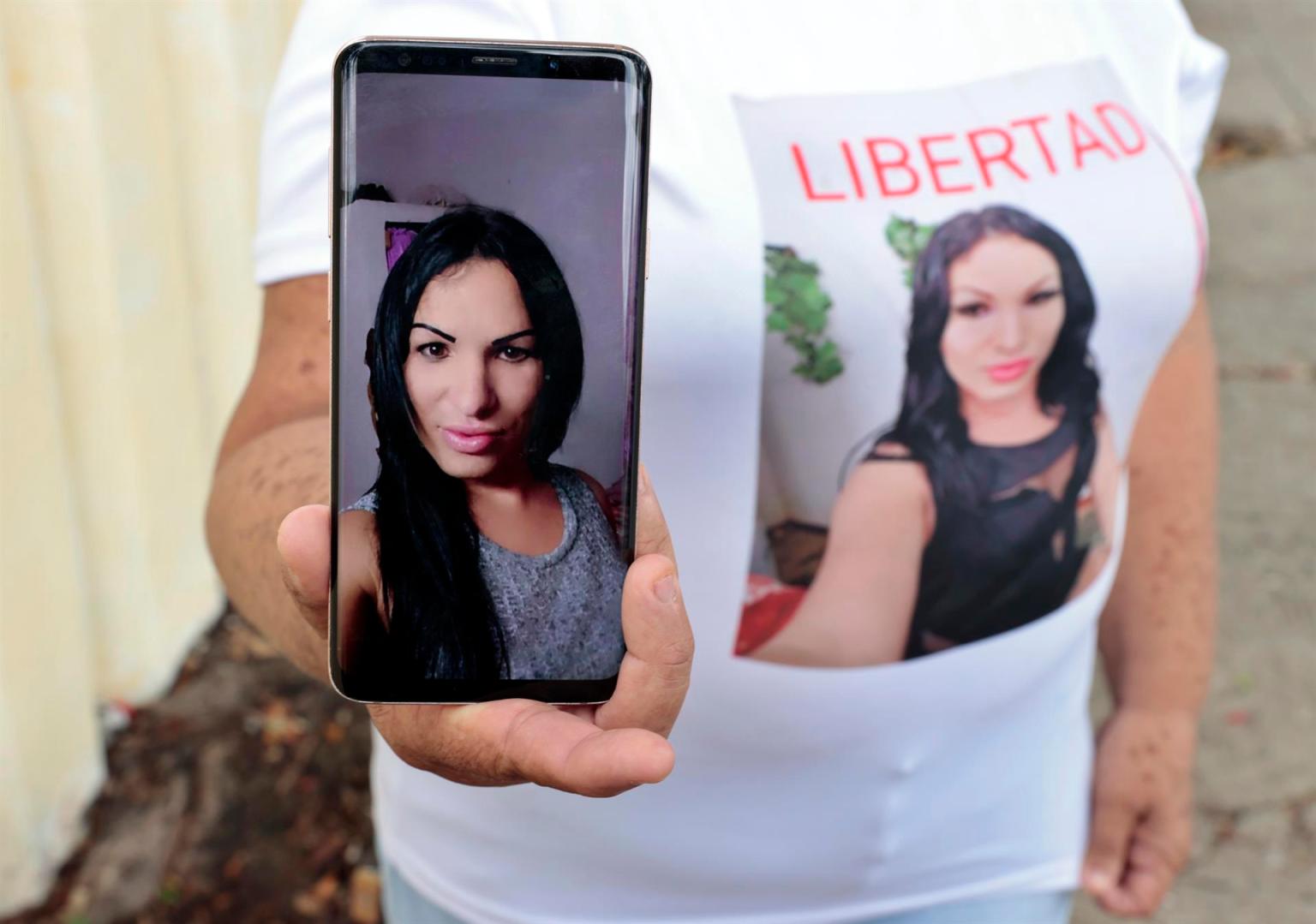The Supreme Court of Cuba upheld a 14-year sentence against the trans woman Brenda Díaz, for her participation in the July 2021 anti-government protestsinternational media report.
The sentence, to which the agency had access EFEaccepts the arguments of the court that sanctioned her in the first instance for the crimes of public disorder and sabotage, stating that the sentence was “legal, fair” and “rational.”
According to the facts proven in the first trial, Brenda –who throughout the process was addressed by her legal name, Freddy Luis, and who is imprisoned in a men’s pavilion– threw stones at a currency store in her Güira de Melena municipality. , in the western province of Mayabeque.
In addition, he entered the establishment with some protesters and stole a fan, a pressure cooker and jams, adds the Spanish media, which points out that in this second sentence, the Supreme Court expanded on the matter by noting that Brenda also addressed, with a group of people tried in the same case, to the headquarters of the Communist Party of Cuba (PCC) and to a police station and shouted slogans against “the political system.”
Díaz’s defense filed an appeal, along with 20 other people. The hearing was held on June 17. As a result, the Supreme Court reduced the sanctions of 11 of the 21 people in the case by up to six years, most of them accused of the same crimes as the trans woman.
After learning of the ruling, Brenda’s mother, Ana María García, said in a telephone interview with the EFE agency that the Supreme Court had “harmed” her daughter. “She was not lowered anything, not even a year when almost all the people who have appealed had their sentence lowered and not her,” criticized the woman.
The court, according to the news release, considers that the protester’s sentence should be upheld despite her “contribution to clarifying the criminal acts.”
Díaz, according to the Spanish agency, is in the men’s pavilion of the Güines municipality prison, also in Mayabeque, despite the fact that it does not correspond to his gender identity. It is a special penitentiary center —with a section for men and another for women— for people with the HIV virus, as is the case with Brenda.
His mother points EFE, denounced that her daughter was shaved at the time of entering the prison and already inside she suffered a sexual assault. The media itself points out that in the accusation against Brenda, the Prosecutor’s Office affirms that the trans woman wore a dress, that she is HIV positive and her gender identity is confused with a “sexual orientation”, elements considered “revictimizing” and “stigmatizing” by activists independent.
Until last June 22, the Cuban justice system had reported firm sentences against 488 11J protesters, with maximum sentences of 25 years for crimes such as sedition, public disorder, attack and contempt. In the cases of some defendants, among them young people between 16 and 18 years old, the prison sentences, after being appealed, “were subsidized for correctional work with and without internment and limitation of freedom,” as reported the Attorney General of the Republic.






